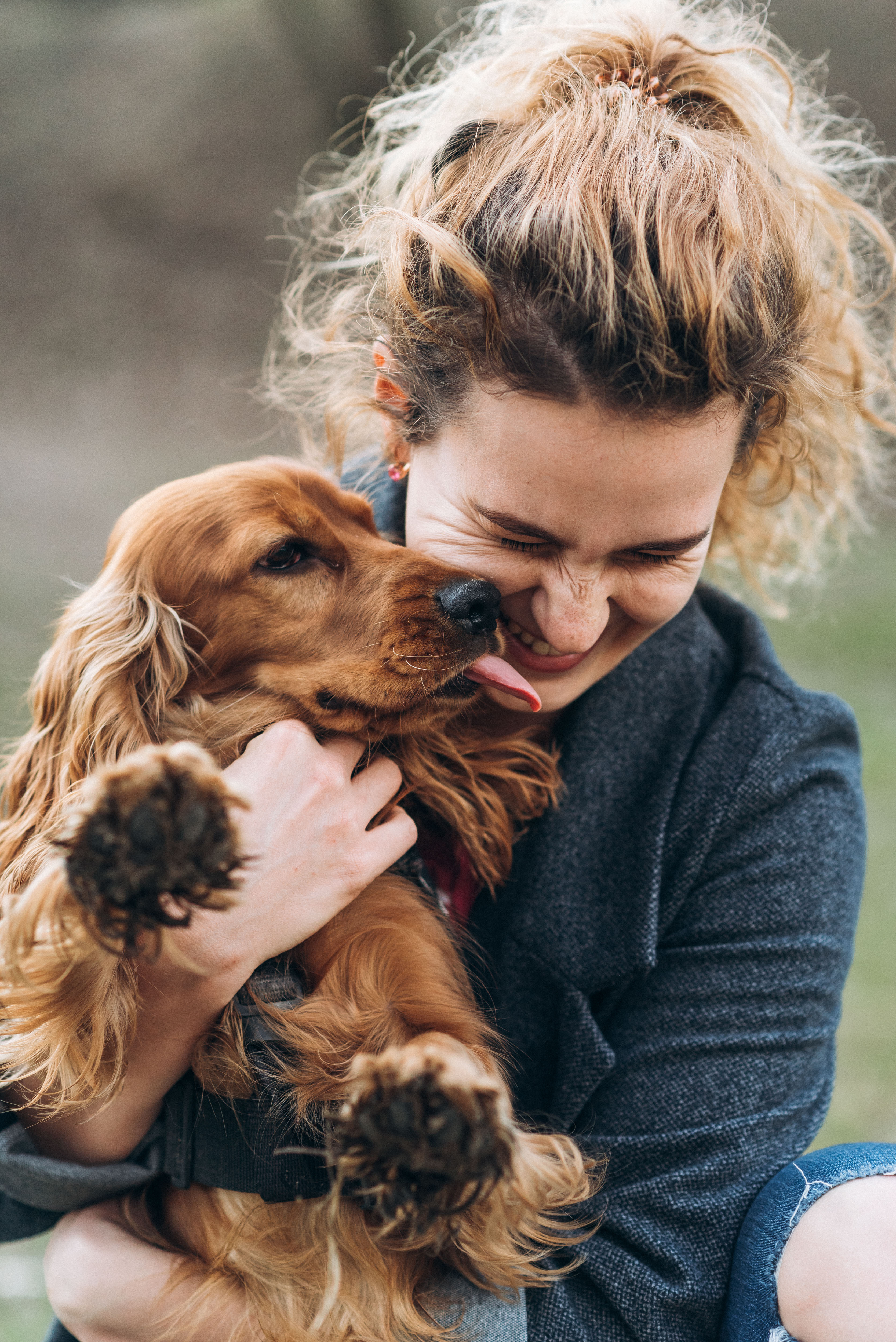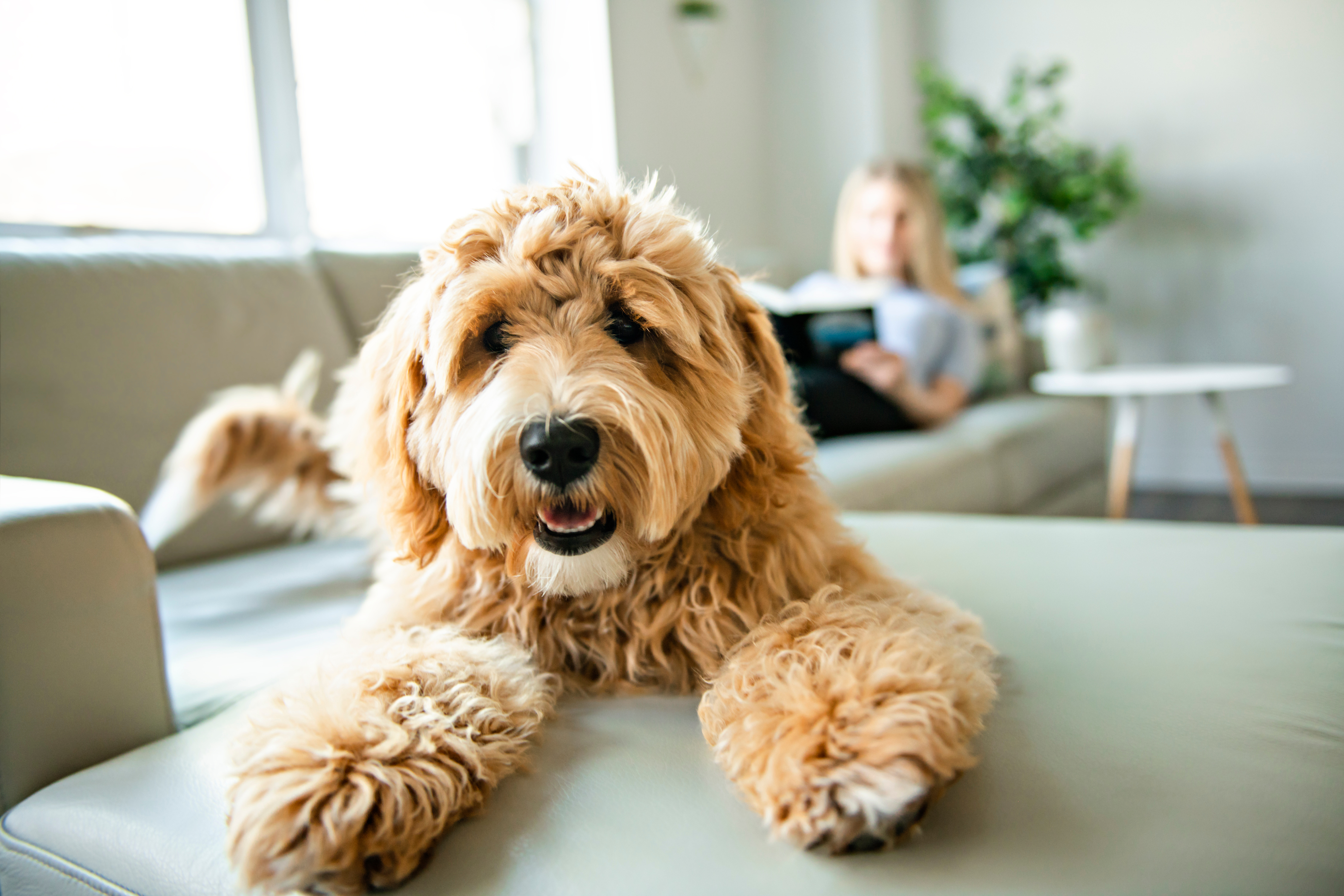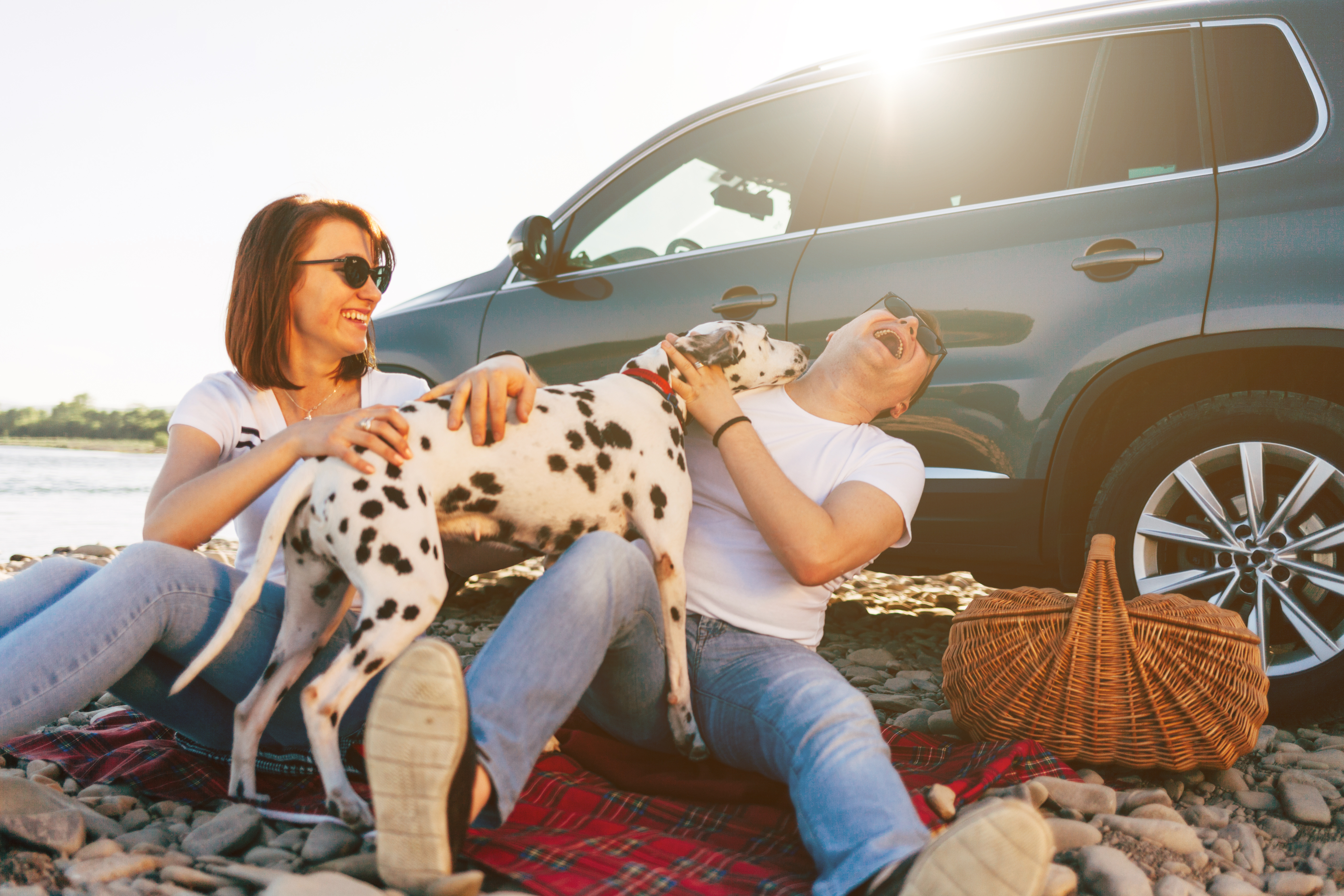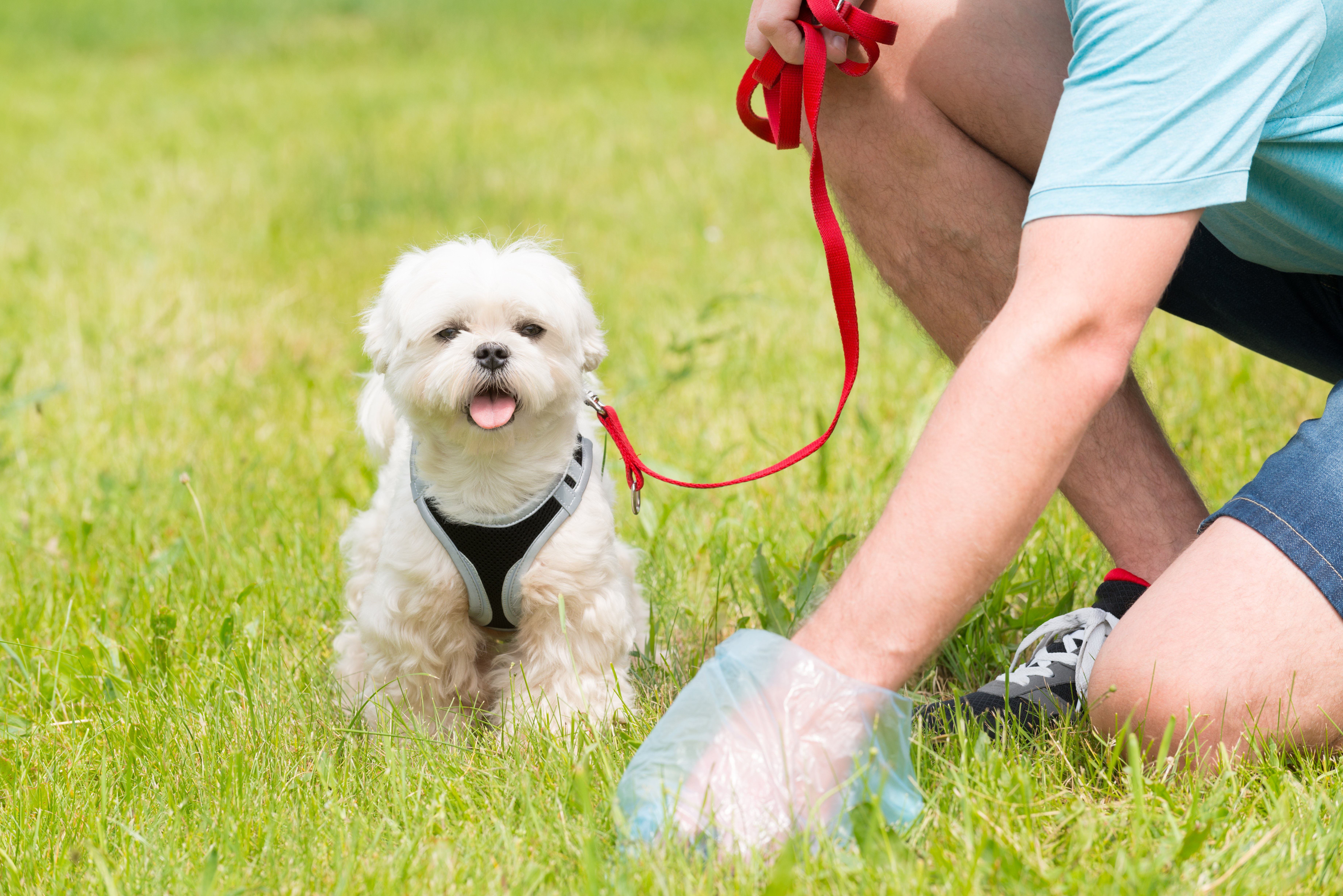Why do Dogs Eat Grass?
Dogs are some of the most intelligent yet confusing animals on the planet. They're fiercely loyal, often playful, and very perceptive, but their behavior can sometimes be confusing and concerning, especially to new dog owners. For example, you may have noticed your dog recently started acting more like a cow than a dog and began munching on grass.
From everything that you've read and been told, you know that dogs are carnivores and prefer meat and dog food over plants and herbs. Nevertheless, they are eating grass in your yard or at the park like there's no tomorrow. Is there a reason for this behavior? Should you be concerned? If you have these or other questions, you've come to the right place.
5 Reasons That Dogs Eat Grass- Should I Let My Dog Eat Grass?
- Are There Risks Involved With Letting My Dog Eat Grass?
- How do I Stop My Dog From Eating Grass?


5 Reasons That Dogs Eat Grass
There are several different reasons that dogs eat grass. Most of these reasons have to do with the fact that dogs seem to have a sixth sense of what's best for them. They might not know why they suddenly started craving grass. They simply know that they need it, so they start eating it. Here are some of the possible reasons your dog is eating grass.
They're Bored or Anxious
Dogs tend to be active, playful animals that need stimulation and interaction. You may have noticed that some of your socks, furniture, pillows, or shoes have holes or bite marks. This is because your dog got bored and decided to play with a nearby object that quickly fell victim to its eager biting. If a dog is bored outside your home, they'll do the same thing with grass.
It's also possible that your dog has separation anxiety or gets nervous when other dogs or people approach them. They start chewing and eating grass if it's nearby because they don't know how to cope with their anxiety.
They Need More Fiber
Unlike humans, dogs can't read dietary blogs and discover on their own that they have an insufficiency. They can only eat what we give them or what they can find while scavenging. Although they don't have access to or the ability to absorb medical information, dogs have an innate ability to know when they need something. As a result, they often eat grass if they sense that they're low on fiber.

They Don't Feel Good
One of the main reasons dogs eat grass is when they don't feel good and are about to throw up. Eating grass can sometimes incite the vomiting process, but it also coats their throat with a protective lining to prevent pain or damage from the acid contained in vomit. Don’t be surprised or alarmed if your dog throws up soon after eating grass, as long as it's occasional.
If grass eating gets accompanied by diarrhea, abnormal behavior, lethargy, or other unusual characteristics, it could indicate that your dog has intestinal worms. This idea is relatively new, but studies have shown that wolves eat grass when they have worms because it's a way to ease their stomachs and expel the worms through their excrement.
If you notice that your dog eats grass frequently and is acting strange, you should take them to a vet immediately. Whether they have worms or not, it's essential to understand why your dog isn't acting like itself.
They Like the Taste
Since we can't ask our dogs about their pallet, the idea that they eat grass because of the taste is purely speculative. However, all dogs are different and have unique personalities. It's possible that your dog simply eats grass because they have a vegetarian leaning.
They're Actually After the Moisture on the Grass
If your dog only eats grass after it rains or when the morning dew is still present, they might not be after the grass at all. It's possible that your dog is thirsty and is going after the moisture on the grass.
Should I Let My Dog Eat Grass?
When you stop and think about it, there's no reason that your dog shouldn't eat grass. Grass is devoured by cows, horses, and many other herbivores and is very easy for animals to digest. As long as other unusual activities don't accompany your dog's grass-eating habit, there's no reason to stop them from mowing your yard for you.
Are There Risks Involved With Letting My Dog Eat Grass?
Grass alone doesn't present a risk to your dog and isn't toxic to them. However, certain pesticides, fertilizers, and chemicals that you put on your grass to help it grow can wreak havoc on your dog's digestive system. If you add fertilizer, weed killer, or other chemicals to your lawn, you should keep your dog away from it for several days.
Eating grass that's covered in chemicals can be deadly to your dog. Even if they don't eat the grass and simply walk on it, the substances could irritate their paws and cause discomfort. Their natural instinct is to lick their wounds, which means they're ingesting the chemicals without eating the grass firsthand. If your dog gets sick or dies from consuming fertilizer or other chemicals on your grass, you'll never forgive yourself.

How do I Stop My Dog From Eating Grass?
Remember, the grass itself isn't toxic or harmful to dogs, and they might have a good reason for wanting it. However, if you recently applied fertilizer to your yard or simply don't like that your yard is full of patches of missing grass, there are ways to stop this unusual habit.
The best way to go about this is to replace the grass with something better: treats! If you notice your dog eating grass and order them to stop, you should reward their good behavior with a treat. Positive reinforcement works just as well as negative reinforcement, and it's a lot more fun.
You can also try distracting them when they start to eat grass or go the "words of affirmation" route in place of treats. Eating grass is a learned habit, but it's one that you can break with enough time and training. Remember to be patient during this process and carry treats with you wherever you take your dog so that you're always ready to reward them for listening to your command not to eat grass.





